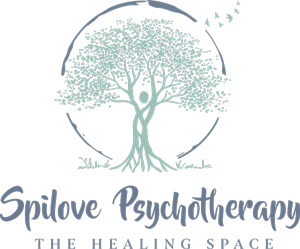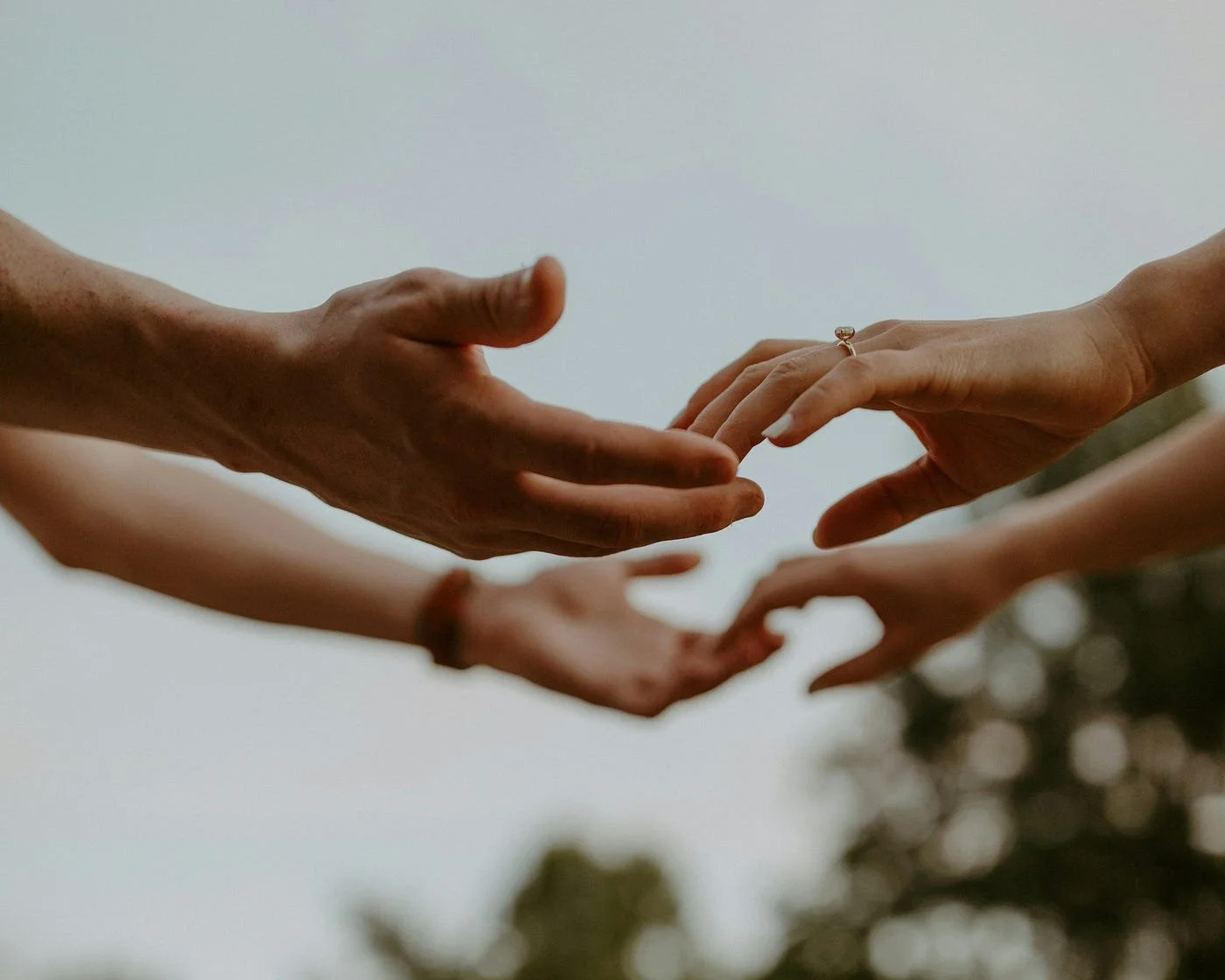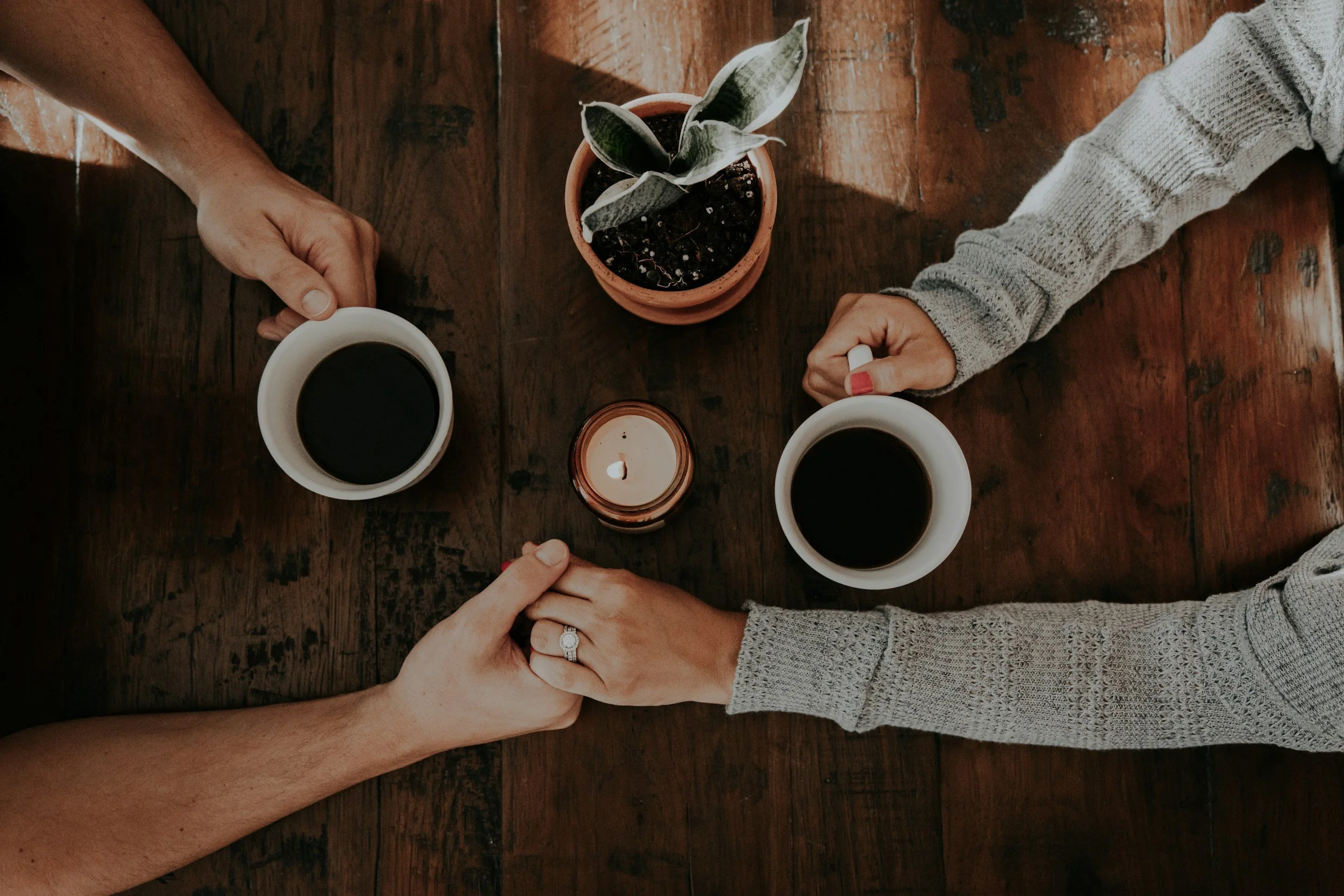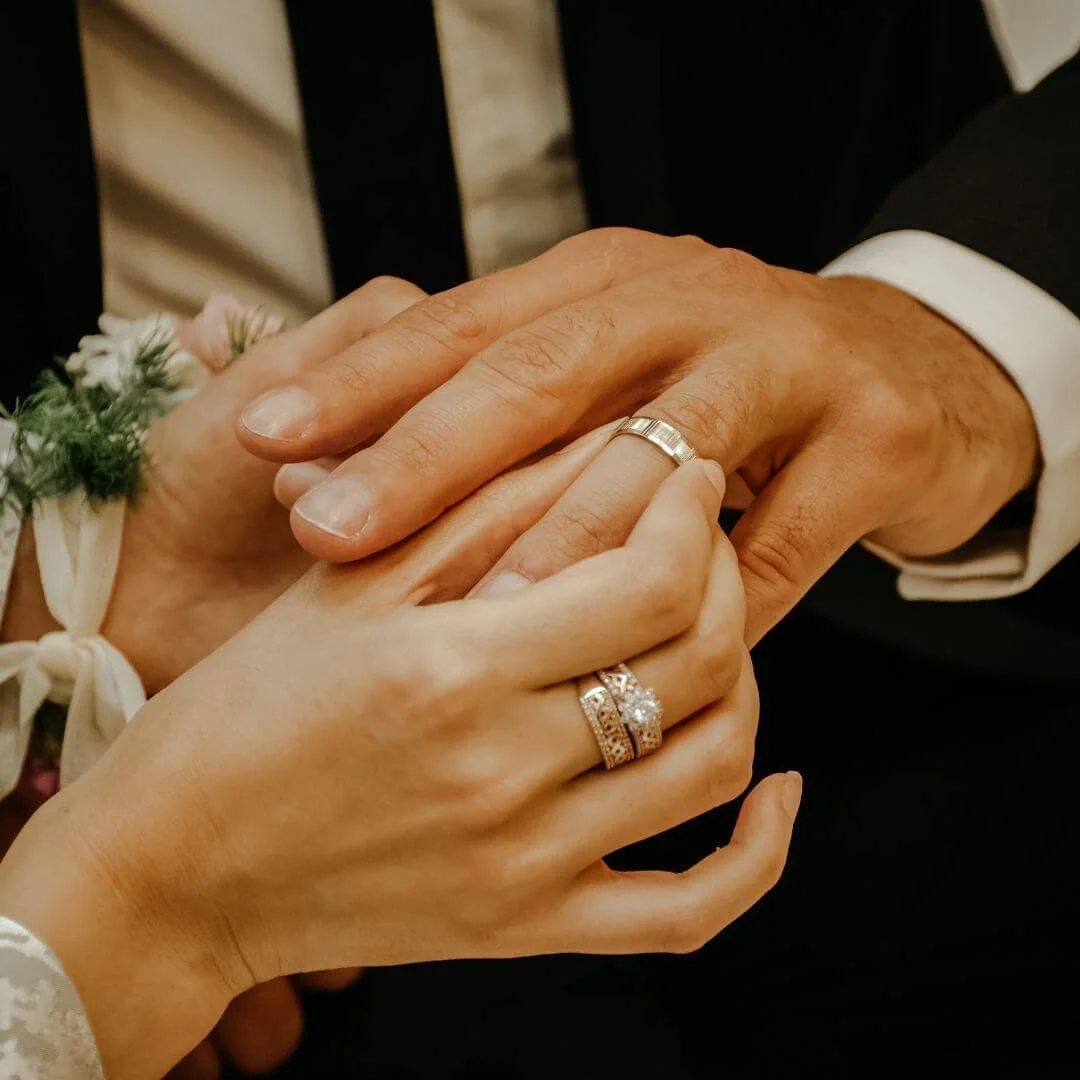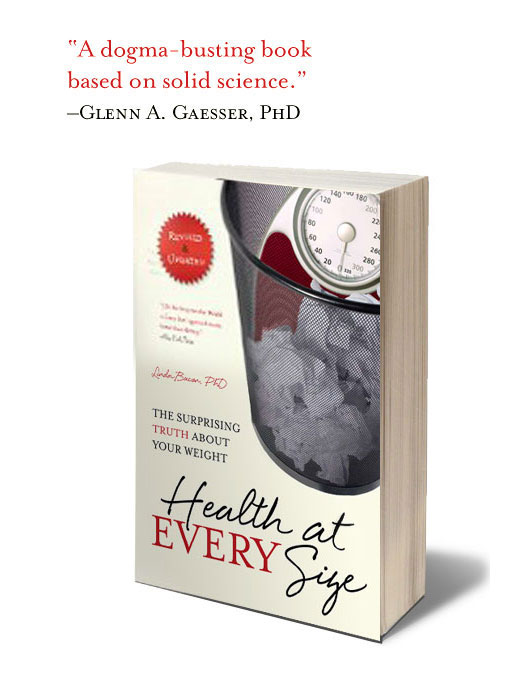I have a dear friend out in California, her name is Ashly. We met while we were both working at an eating disorder recovery facility together. She's beautiful and successful and she'd shared bits and pieces of this story with me when we worked together. I was always so touched by the raw emotion attached to her story. I asked her if she'd be willing to write her recovery story for my blog and she so kindly agreed. I am in awe of the bravery, honesty and eloquence she put into writing this. Ashly, you truly are a recovery warrior, thank you for allowing me to share your story here:
It’s been almost 10 years to the day (March 7th, 2007) when I first sought help for my eating disorder. I had just turned 21. I had always looked forward to my 21st birthday (as most teenagers do), but it wasn’t exactly the greatest birthday ever. My family took me out to a nice Asian restaurant, decorated with orchids, candles and plush, red velvet booths. My dad ordered expensive champagne that I pretended to drink. I spent most of dinner in the bathroom so I wouldn’t have to look at or smell the food. I got dressed up that night for the first time in a while… black satin pants, white tank top, make-up and high heels. I remember looking at myself in the bathroom mirror thinking how ridiculous I looked. What had happened to me? Why couldn’t I just be happy and normal? I went home that night and sobbed into my pillow. I had no friends, no job, no one I would let anywhere near me. I had dumped my boyfriend right before New Year’s, only because he was worried about me and wanted me to seek help. He had even given me a diamond ring months before – which I swiftly pulled off my left hand and flung it at him while he begged me to get better. I remember him telling me that he had no idea what had happened to me – but I was scaring him. I had joined him and his family on a ski trip weeks before, and looking back, I scare myself. I skied as long and hard as I could everyday, not because I loved it, but because I needed to burn the most calories possible. I wouldn’t go near his mom’s homemade cinnamon rolls, eating a diet bar instead. We’d go out to dinner to fabulous restaurants, and I’d always special order the same thing – and eat exactly half. We’d return to the cabin to watch a movie at night, and I’d sneak off to the bedroom where I’d hide in the closet to do as many crunches as I could stand. My boyfriend caught me one night, and the disappointed look on his face made me so angry. When did I turn into this cold, shell of a person? I loved him more than anything – yet he wasn’t enough for me to let go of my eating disorder.
When I think about how much wasted time I spent obsessing over food and weight, it makes me really sad to have lost those years. I’d spend hours (really, hours) in the grocery store studying every food label before a few chosen items made their way into my shopping cart. Everything had to meet a certain criteria: less than a certain number of calories, a certain ratio of fat and carbs, and no sugar. Protein was ok. For items that didn’t have a label, like produce, I’d Google the nutritional content on my phone. One day, I found this package of “seaweed pasta.” Growing up with an Italian mom and grandparents, pasta was a staple in our house – and I missed it terribly. The seaweed pasta had close to no nutritional value, so I gave it a try. I made a huge plate of it that night. It reminded me of something alien. It was slimy, a little crunchy, translucent and sticky. I topped it with this red Asian marinade since regular pasta sauce didn’t meet my standards, and it was the most disgusting thing I’d ever eaten. I was able to have a few bites before the rest of it was flushed down the toilet. I actually felt a huge sense of accomplishment – I made something taste so badly that I couldn’t eat it. Gold star.
March 6th of 2007, I saw my boyfriend again for the first time since we had broken up. We went to a movie, and I couldn’t even tell you which one because I was too busy counting up all my calories for the day, figuring out what I could eat tomorrow, and how many hours of exercise I would need to burn off that handful of popcorn I just ate. After the movie we hugged goodbye, and I remembered how good it felt to be in his arms. I wiggled my way out of them because I wouldn’t allow myself to start crying. Once home, I ran a hot bath trying to get warm. I was constantly freezing. I put on every piece of warm pajama I owned and crawled into bed. My body hurt. My heart raced. My stomach felt like an endless empty pit. I missed my boyfriend. I missed my old life, old friends, old self. Where was this going? Was this my life now? I was just going to live day by day obsessing over calories, exercise and weight? I didn’t want to live that life. I was absolutely exhausted. I prayed to God that I would die in my sleep that night.
I felt something warm on my bare face and neck. I could hear birds singing. I slowly opened my eyes and saw the most beautiful shade of light filling my bedroom. My mind was quiet and it was peaceful as I lie in my soft bed. I sat up, feeling as though I had awoken from some sort of coma. I wasn’t thinking about food, my body, or anything else. I was simply enjoying the gorgeous Spring morning. I turned toward the side of the bed and swung my legs over. There was a mirror above my dresser directly across from me. I looked at myself and realized now is the time – I don’t want anorexia to be the rest of my life.
The following days, months, and years were filled with doctors appointments, therapy appointments, support groups and days when I didn’t believe I’d ever get better. It was really hard learning how to let go, and even harder actually doing it. Not even a year into my recovery, I met a boy at college and we started dating. He invited me to spend a week with him in Hawaii over the holidays. He was incredibly sweet, handsome, and shy around me. I had never been to Hawaii, and although I was terrified of losing control over my meals and exercise, I said yes anyway. I had only known him a month or so, but I nervously bought a plane ticket to meet him in Maui. He knew nothing about my struggle with ED. I packed all my “safe” food and had it in a bag under my airplane seat. As the plane started to descend, I could see the islands through the clouds and it was the most beautiful thing I’d ever seen. I was in complete awe. I grabbed my suitcase and walked off the plane excited to see my new crush, later realizing I left my bag of food under the seat. The relief I felt in that moment was overwhelming.
We spent the next week exploring Maui: snorkeling, hiking, surfing, swinging from jungle vines and finding hidden waterfalls. We ate fresh sushi, pineapple, bananas, and this incredible chocolate lava cake. Every. Single. Day. I wasn’t worried about my hair looking perfect or making sure my make-up stayed on. We lived that week in our bathing suits and tanned skin and I felt more beautiful than ever. He was sweet to me, and taught me that being your authentic self is the only path to true happiness. I let someone see me for who I really was, and I wasn’t rejected, abandoned or hurt. We shared the same bed the entire trip but always ended the night with just a kiss. I felt safe, protected, valued and respected. When it was time to head home, I had a true moment of sanity: After a week of having the most fun of my life, eating what my body wanted, and letting someone wonderful really see me, I was still O.K. I didn’t die, I wasn’t out of control, and I felt more like myself than I did in years. I truly believe that decision alone – a plane ticket to Maui – saved my life. Recovery was still hard and a process after this experience, but I learned - at my core - that I was worthy. Worthy of living a full life. In every sense of the word.
As I sit here proof reading this story, I can hear my toddler playing in the next room while my unborn baby moves in my tummy. I never thought I’d be here: a mom and a wife, with a career that I love. I feel incredibly lucky to be living without my eating disorder. Having the right support, sound guidance, and a professional who helped move me through the root causes of my eating disorder are what keeps me in recovery today. “We have the capacity to redraw the lines between our powerlessness and power. We’re altered by what hurts us, but with love and consciousness, with intention and forgiveness, we can become whole again.” – Cheryl Strayed
